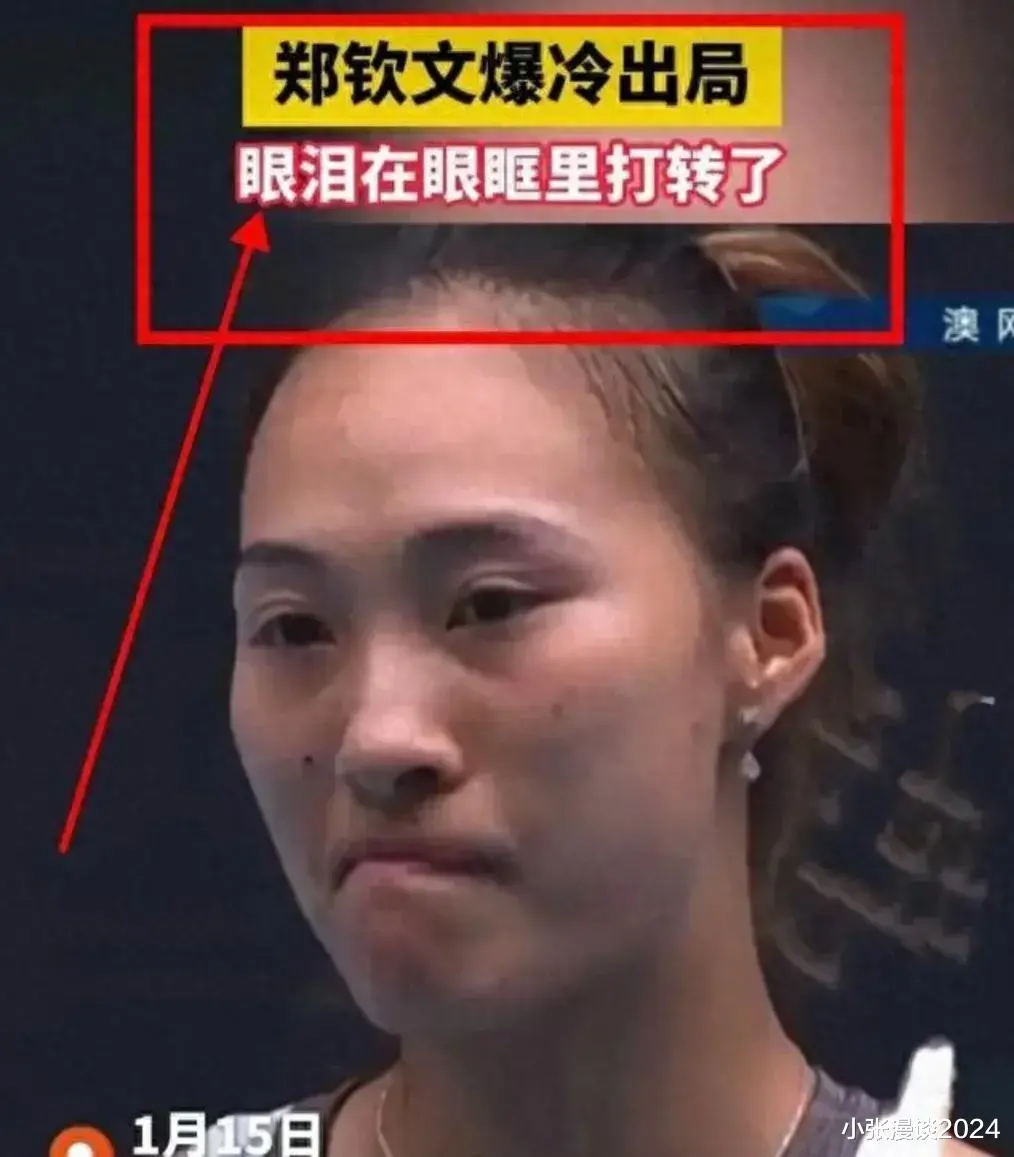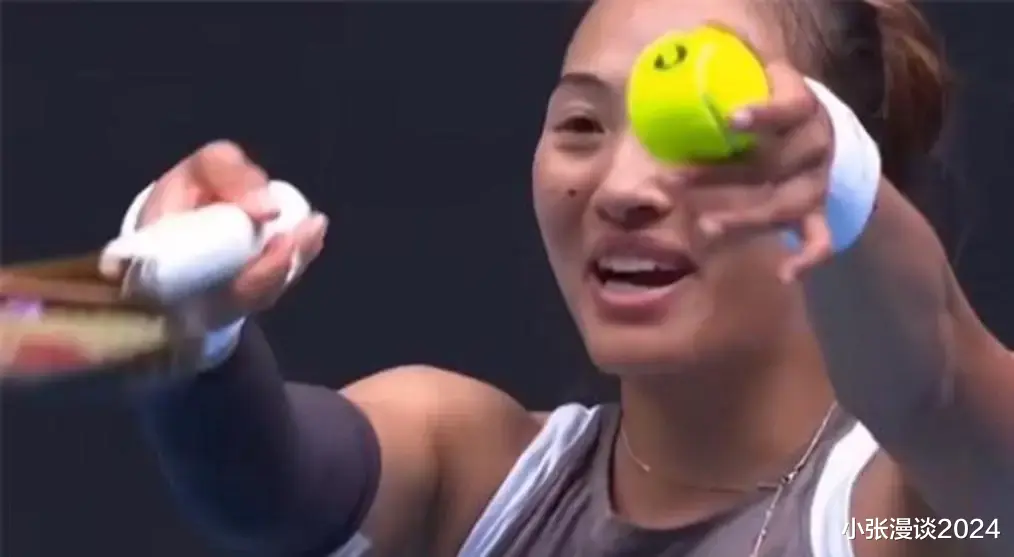Honestly, after watching Zheng Qinwen's match at the Australian Open, I'm not feeling great. As a tennis fan who has watched the sport for over twenty years, I could sense her struggles throughout the game. It's disheartening to see such a rising star falter in the second round of the Australian Open.
Recently, I discussed this with some old friends from the tennis community, and our opinions align with those of tennis legends like Davenport and Prakash. Zheng Qinwen's loss can be attributed to her inability to fully grasp the intricacies of "flexible tactics." Siegemund played a cunning game, alternating between slice shots, drop shots, and lobs, which left Zheng Qinwen disoriented.
Davenport made a valid point; she mentioned that Barty's previous success was due to her ability to capitalize on the rarity of players skilled in slice shots in today's game. Tennis is not just about power and speed but also tests a player's adaptability on the court.

I've carefully considered Zheng Qinwen's playing style. She usually prefers to play at her own pace, with precise baseline shots and ample power. However, against Siegemund, known as a "spiritual school" player, her usual approach fell short. The opponent quickly disrupted her rhythm, leaving her flustered and stomping her feet in frustration.
After the loss, Zheng Qinwen cited two reasons: the impact of a time violation penalty on her mentality and the nagging issue of an elbow injury. Honestly, I'm not entirely convinced by these explanations. Having played professional tennis for so long, a time violation penalty shouldn't significantly affect one's overall performance. As for the elbow injury, if you're capable of serving numerous aces, it suggests the injury isn't severe enough to prevent play.
This brings to mind an interesting phenomenon. Many young players possess technical prowess but lack adaptability. They often struggle against experienced veterans with varied playing styles. Prakash correctly pointed out that Zheng Qinwen was outmaneuvered by Siegemund's tactics.

I believe Zheng Qinwen should focus on improving this aspect of her game. Tennis training shouldn't solely revolve around aggressive rallies; it's crucial to learn how to handle various playing styles. Consider Federer in his prime; no matter the opponent's strategy, he always found a way to counter it—now that's real skill.
While dropping to seventh in the rankings is disappointing, it might not be all bad for Zheng Qinwen. With less pressure, she can take the time to adjust her game. Most of her points are earned later in the year, so the priority now should be to learn from this experience and enhance her adaptability.
Ultimately, tennis matches often come down to who can adapt more effectively when players are of similar skill levels. Siegemund's unique playing style led to victory, providing valuable insights. As a Chinese fan, I sincerely hope Zheng Qinwen learns from this setback and becomes a more well-rounded player.
For young athletes, losing isn't the end of the world; what's truly concerning is not understanding why they lost. This experience will undoubtedly contribute to Zheng Qinwen's growth in her career. After all, she's only 22, and her future is bright!